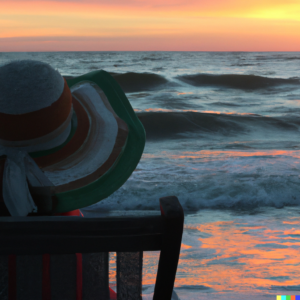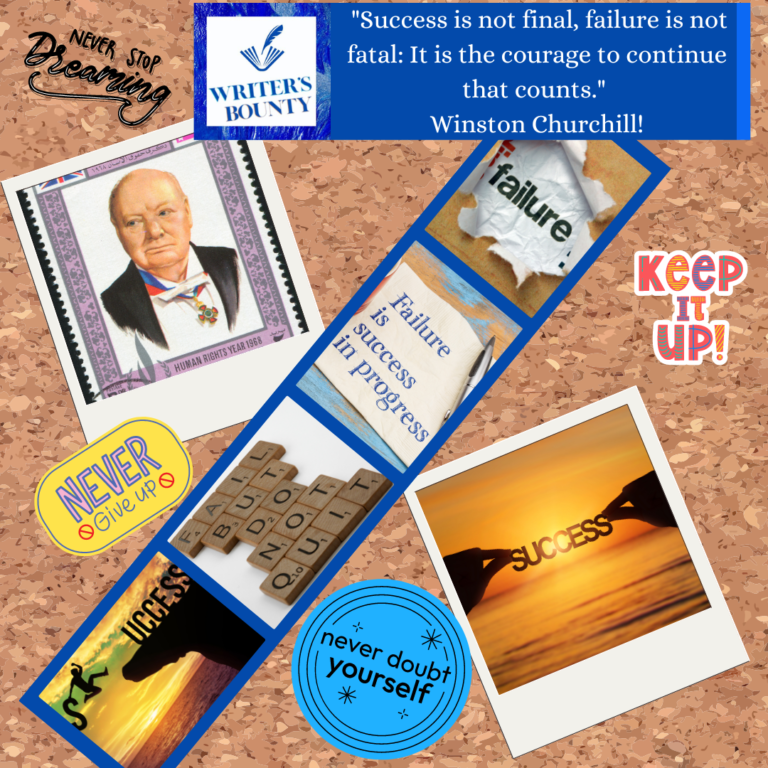The Beginner’s Guide to Starting a Novel
Hey there, fellow wordsmiths! Let’s dive straight into the thrilling world of crafting a novel. Starting your own novel can be a bit like standing at the foot of a mountain, but don’t worry, we’ve got you covered with this easy-to-follow guide.


Let Your Imagination Run Wild
First things first, unleash your creativity. The world is your oyster and your story can be anything you want it to be. Spin a tale of roguish pirates, mysterious aliens, rebellious robots, or star-crossed lovers. Just remember, the only limit is your imagination.

Creating Your Characters
Ah, characters, the lifeblood of any story. They can make us laugh, cry, or shout in frustration. As you craft these essential elements of your novel, be sure to infuse them with depth and realism. A detailed backstory, complex motivations, and distinctive voices can turn your characters from mere words on a page into living, breathing entities. Remember, it’s these characters who will be carrying your story on their shoulders.
For more help creating characters, check out our articles “Building Character Backstories: Tips & Tricks for Rich Histories” and “Creating Characters: 3 Fundamentals that People Always Forget.”
Plotting Your Narrative
Your plot is the highway on which your characters journey. A well-plotted story can grab your reader’s attention from the very first page and keep them hooked till the very end. Whether you’re a thorough outliner or a spontaneous pantser, make sure your plot has a clear direction and purpose.
For more information on different ways to plot a novel, check out “4 Ways to Plot Your Novel: Which is Right for You?”

Setting the Scene
A captivating setting not only grounds your story but also breathes life into it. The world where your story unfolds can be as vivid and important as any character. Be it a bustling city, a quiet town, a distant planet, or a magical kingdom, enrich your settings with unique details to make them feel tangible.
For more information, check out this article.
The Art of Drafting
With characters, plot, and setting ready, you’re all set to jump into drafting. And here’s a little secret, your first draft doesn’t need to be perfect. In fact, it can be messy and a little all over the place. The most important thing is to keep writing. Get your story down and worry about making it pretty later.
If you want to have everything formatted before you start, check out our article “Formatting Your Manuscript isn’t as Difficult as You Think.”
Revise, Revise, Revise
So, you’ve finished your first draft, and you’re already halfway there. Now comes the part where your story truly begins to take shape – revision. Be ready to make tough choices here, kill your darlings, if necessary. But remember, each revision only brings your novel one step closer to being the best it can be.
Our article “10 Secrets to Quickly Improve Your Writing Skills” contains more tips on revision and editing.

Getting Feedback
Now, muster up some courage and let others read your work. Their feedback can offer valuable insights into how well your story is working. Don’t be afraid of criticism. Instead, use it as a tool to improve your writing.
For tips on how to use beta readers to give feedback, read “Beta Readers: 11 Tips about Novelists’ Secret Weapon”
Publishing Your Novel
Last but not least, let’s talk about getting your novel out there. Research the different publishing options available, such as traditional publishing, self-publishing, or digital publishing. Each route has its pros and cons, so choose the one that best aligns with your vision for your novel.
You can find more advice about publishing in our article “Advice for New Authors: What I Wish I’d Known.”

Frequently Asked Questions

Final Thoughts About Starting Your Novel
The most important thing to remember is not to stress out about it. Starting a novel can be daunting, but it’s also a lot of fun. Just relax and have some fun with it. Let your imagination run wild, and see where the story takes you. Remember these tips and tricks as you work on your masterpiece. Good luck!






